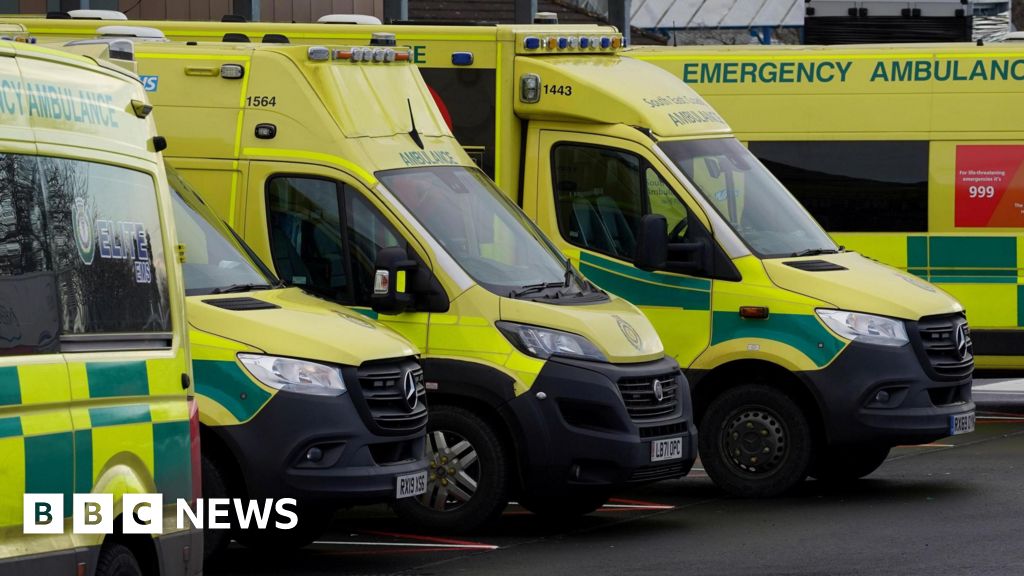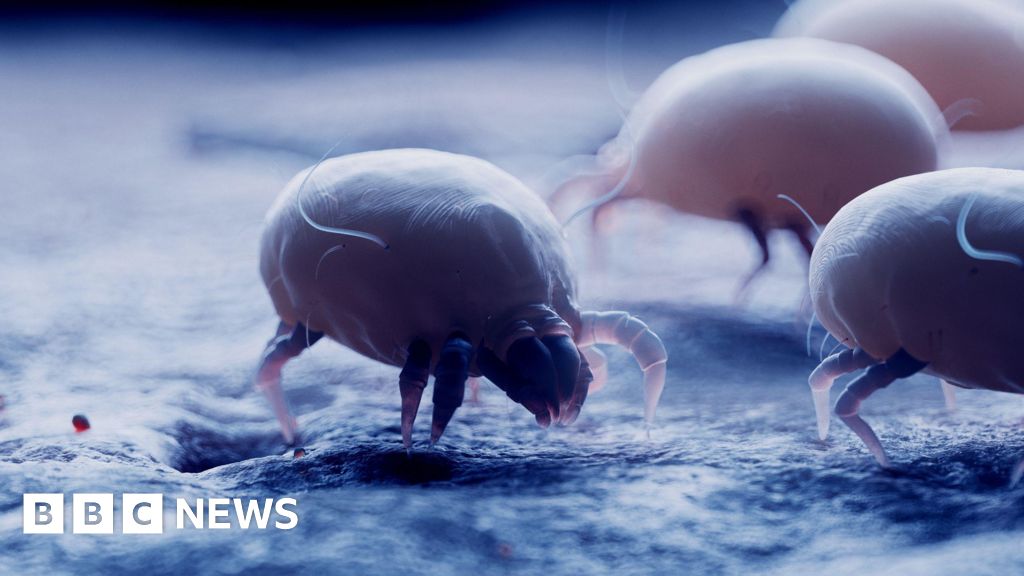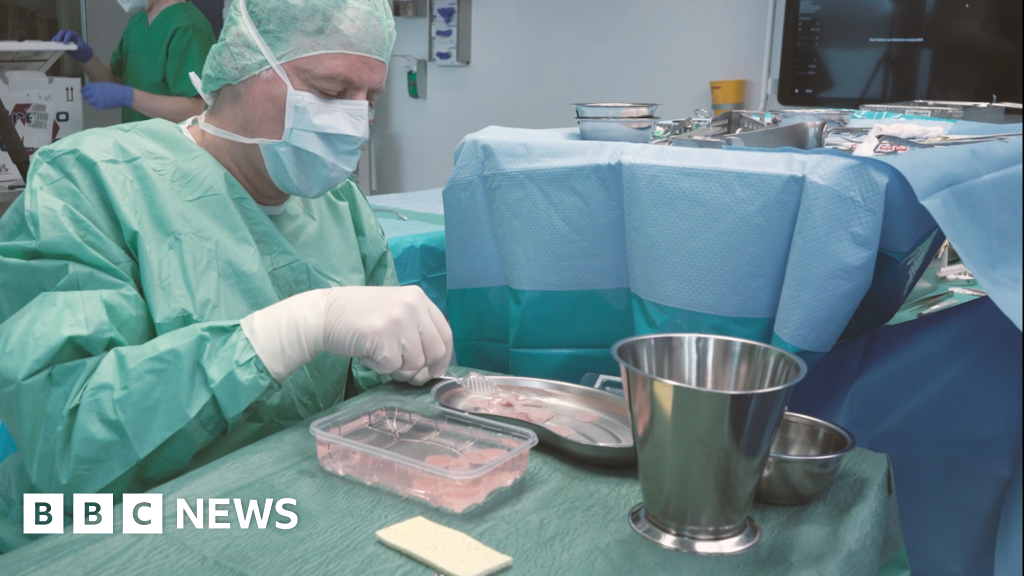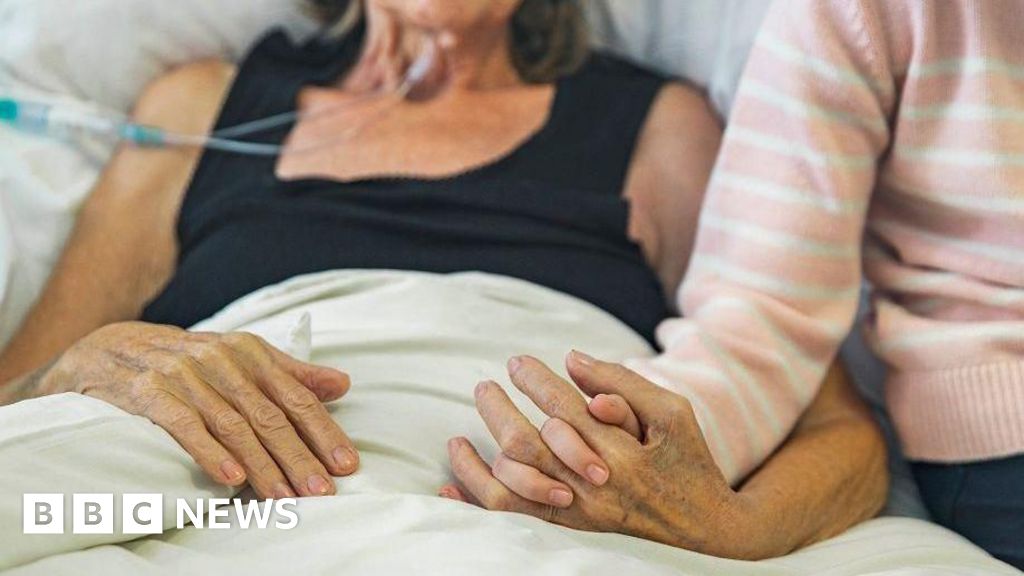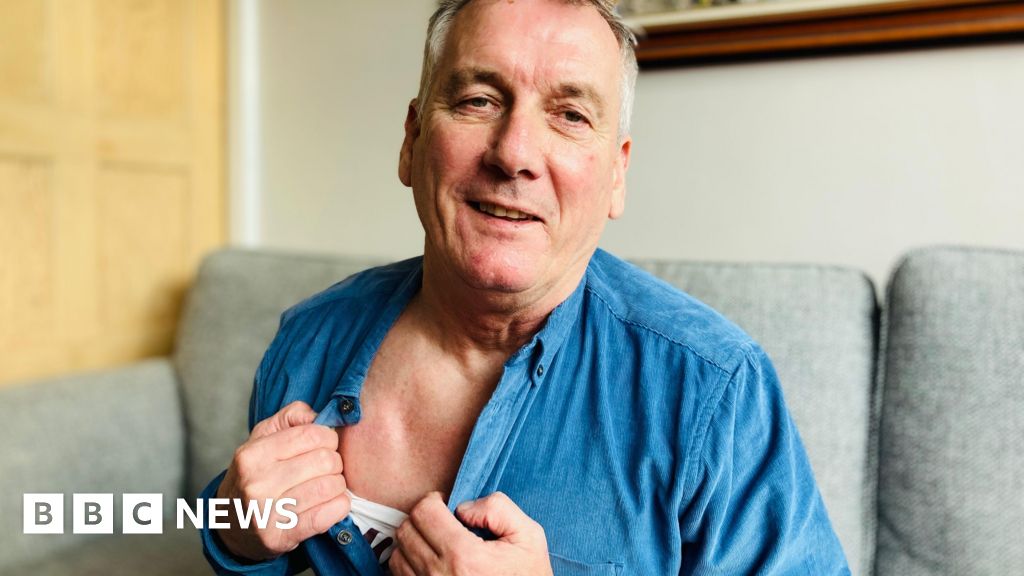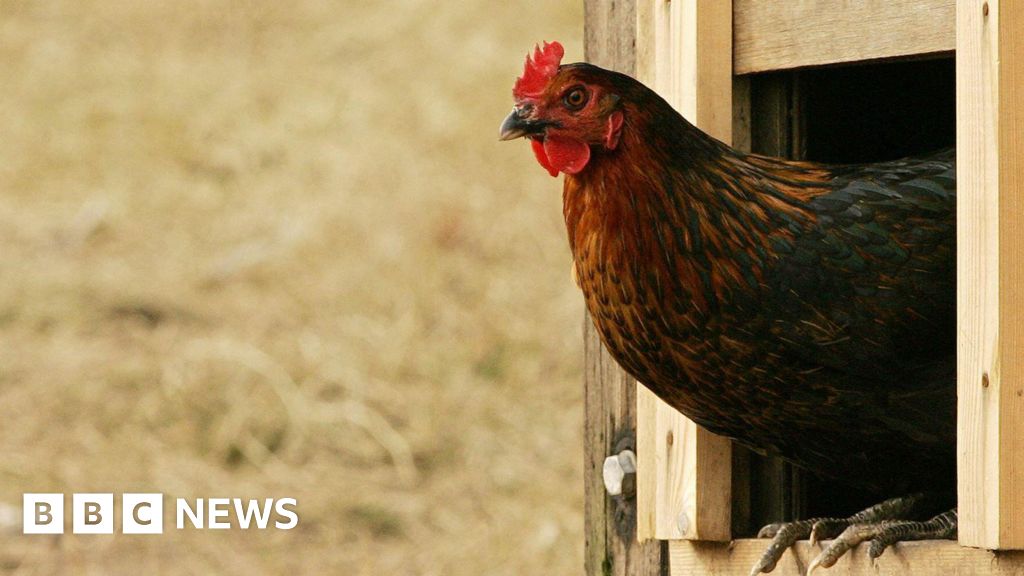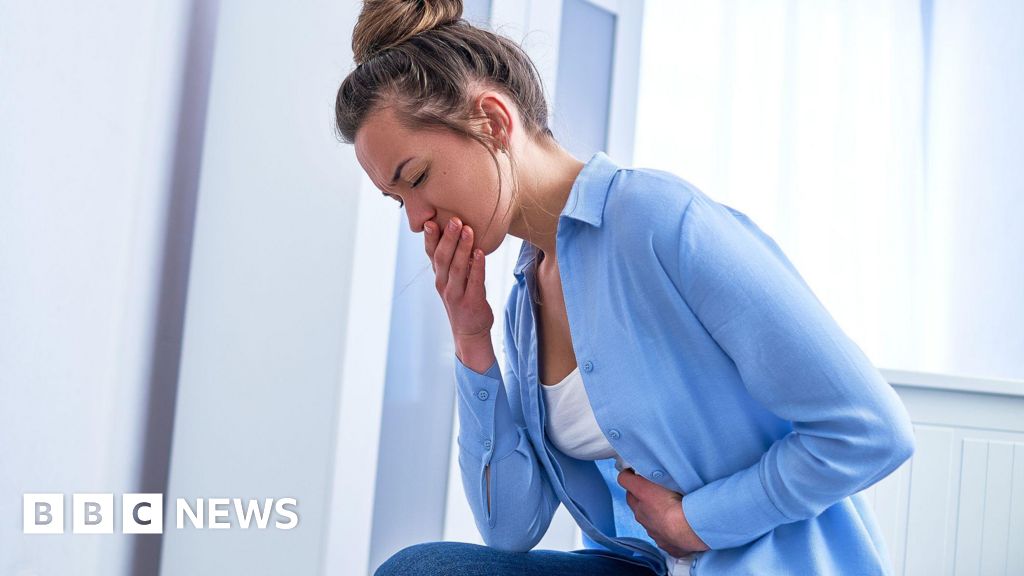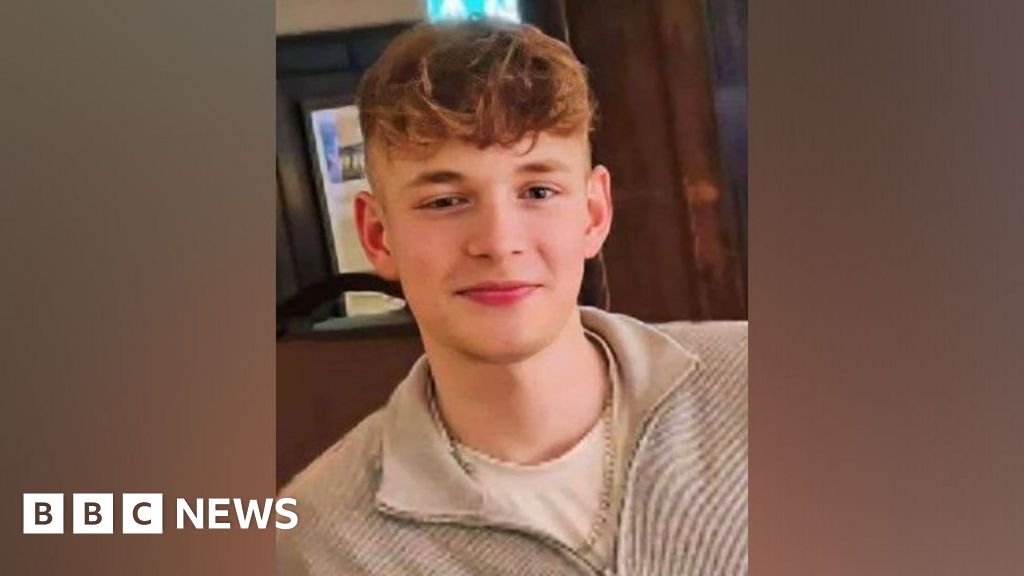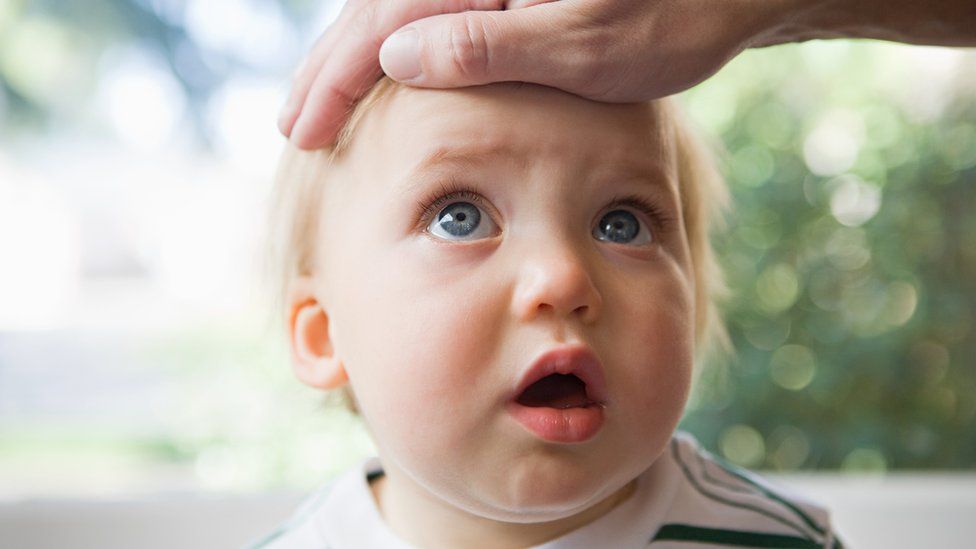 Image source, Getty Images
Image source, Getty Images
By Nick Triggle
Health correspondent
The rise in whooping cough cases has continued over the past month with health officials also reporting there have been five infant deaths this year.
The UK Health Security Agency (UKHSA) reported 1,319 cases in England in March, after just over 900 in February, making the 2024 total nearly 2,800.
It fears it could be a bumper year for the bacterial infection. The last peak year, 2016, saw 5,949 cases in England.
The infection can be particularly serious for babies and infants.
Half of cases seen so far this year have been in the under-15s, with the highest rates in babies under three months of age.
Known as pertussis or "100-day cough", the infection is a cyclical disease with peaks seen every three to five years.
UKHSA has said a steady decline in uptake of the vaccine in pregnant women and children and the very low numbers seen during the pandemic, as happened with other infections because of restrictions and public behaviour, were both factors.
The agency said a peak year was therefore overdue and urged families to come forward to get vaccinated if they had not already.
'Extremely serious'
In September 2023, the number of two-year-olds who completed their routine six-in-one vaccinations, which includes protection against pertussis, was 92.9%, compared with 96.3% in March 2014.
Uptake of the maternal pertussis vaccine, offered to women in every pregnancy, also dropped - from more than 70% in September 2017 to about 58% in September 2023.
Dr Gayatri Amirthalingam, from UKHSA, said: "Vaccination remains the best defence against whooping cough and it is vital that pregnant women and young infants receive their vaccines at the right time.
"Whopping cough can affect people of all ages, but for very young babies it can be extremely serious.
"Our thoughts and condolences are with those families who have so tragically lost their baby."
The first signs of whooping cough are similar to a cold, with a runny nose and sore throat.
But after about a week, the infection can develop into coughing bouts that last a few minutes and are typically worse at night.
Young babies may also make a distinctive "whoop" or have difficulty breathing after a bout of coughing.
The bacteria spread through coughs and sneezes, so experts advise members of a family in which it has been diagnosed to stay at home until three weeks after the symptoms began, or 48 hours after the patient started taking antibiotics.
Related Internet Links
The BBC is not responsible for the content of external sites.

 8 months ago
53
8 months ago
53
